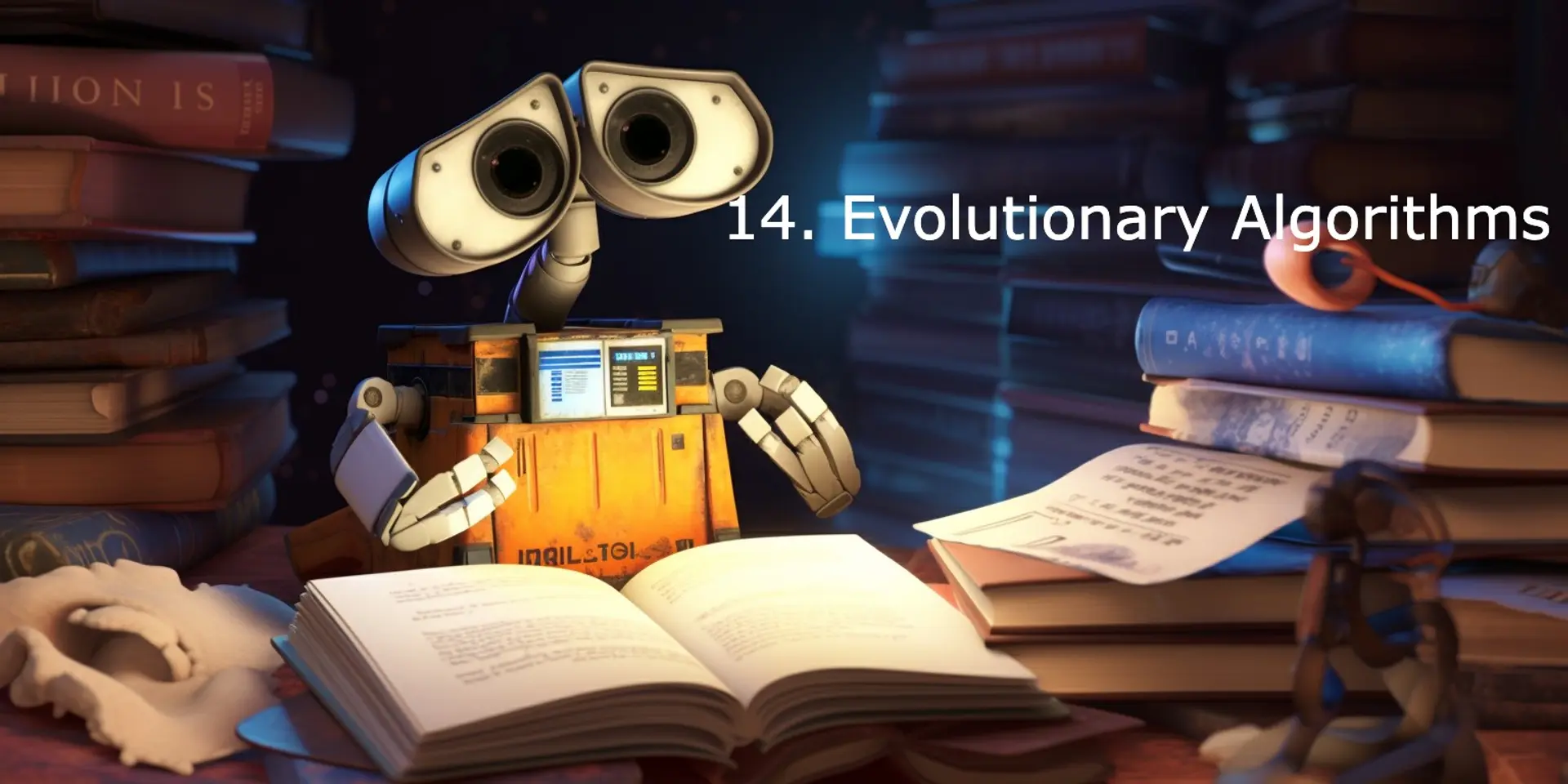AI Terminologies 101: Evolutionary Algorithms - Nature's Secrets to Optimisation
Discover the power of Evolutionary Algorithms in this AI Terminologies 101 guide, detailing the nature-inspired optimization techniques that drive innovation in engineering, economics, and AI.
Evolutionary Algorithms are a family of optimisation algorithms inspired by the process of natural selection. They are used to solve complex optimisation problems in various fields, such as engineering, economics, and artificial intelligence. In this article, we will explore the concept of Evolutionary Algorithms, their underlying principles, and their applications across various domains.
Evolutionary Algorithms are based on the fundamental principles of biological evolution, such as reproduction, mutation, selection, and recombination. They mimic the process of natural selection, where the fittest individuals are selected for reproduction to produce offspring that inherit their parent's traits. Over time, this iterative process leads to the emergence of increasingly optimised solutions to a given problem.
There are several types of Evolutionary Algorithms, including:
- Genetic Algorithms (GA): The most popular type of Evolutionary Algorithm, GAs use a population-based approach to search for optimal solutions by applying genetic operators such as selection, crossover, and mutation.
- Genetic Programming (GP): A specialised form of Genetic Algorithms, GP focuses on evolving computer programs to solve a given problem.
- Evolutionary Strategies (ES): Another type of Evolutionary Algorithm, ES primarily uses mutation and selection operators to evolve a population of candidate solutions.
Evolutionary Algorithms have been employed in a wide range of applications across various domains. In engineering, they have been used for optimisation tasks, such as finding the optimal design of structures, mechanical components, and electrical circuits. In economics, Evolutionary Algorithms have been used to model and optimise trading strategies, resource allocation, and market simulations. In artificial intelligence, they have been used to train neural networks, optimise machine learning algorithms, and solve combinatorial optimisation problems like the Traveling Salesman Problem and the Knapsack Problem.
Evolutionary Algorithms offer a powerful and versatile approach to solving complex optimisation problems by harnessing the wisdom of nature's evolutionary processes. Their ability to find near-optimal solutions to challenging problems makes them a valuable tool in the field of artificial intelligence.
In future articles, we'll dive deeper into other AI terminologies, like Explainable AI, Multi-Agent Systems, and Transfer Learning. We'll explain what they are, how they work, and why they're important. By the end of this series, you'll have a solid understanding of the key concepts and ideas behind AI, and you'll be well-equipped to explore this exciting field further.




